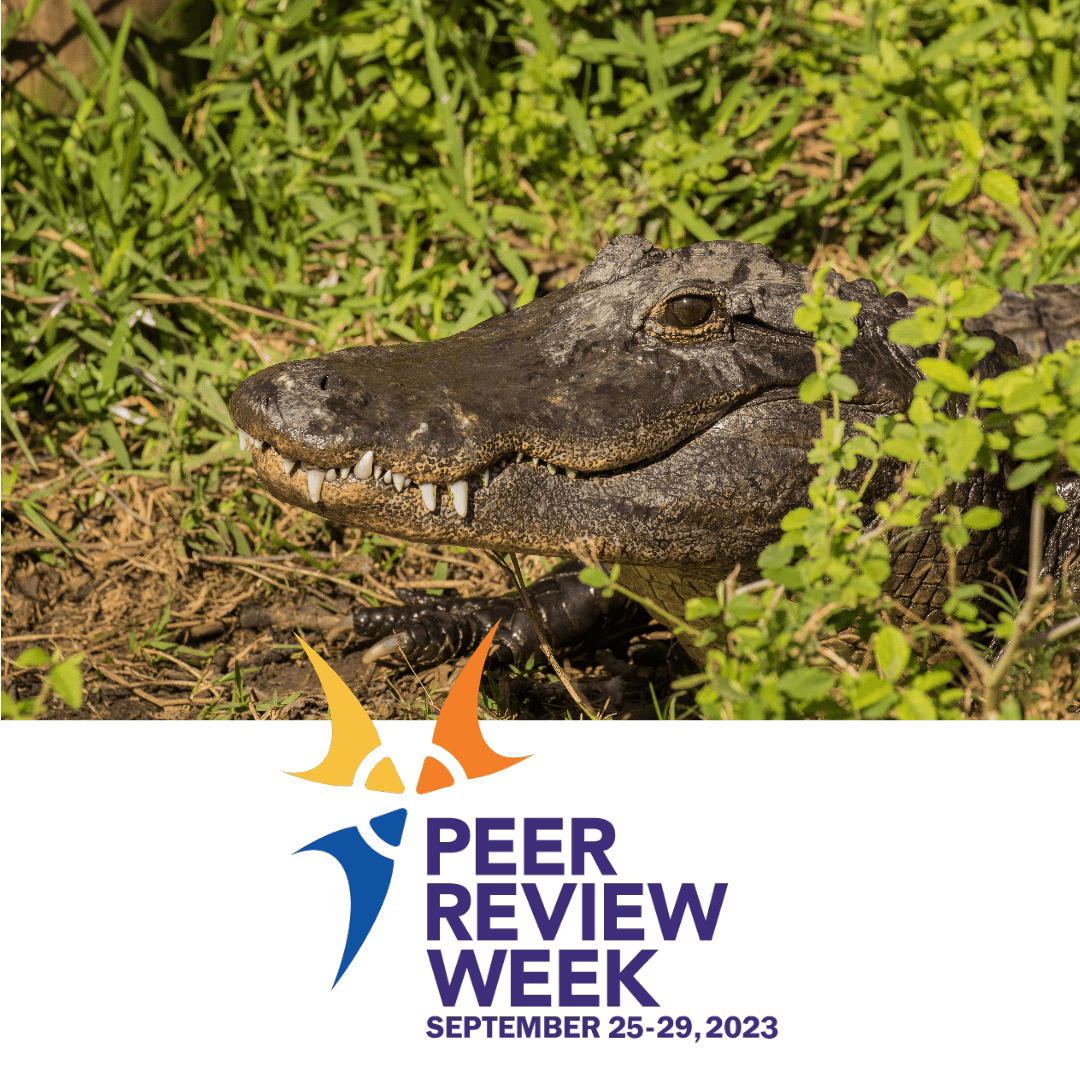Save yourself and your peers from becoming prey
The reality of life in academia is that to obtain and maintain a faculty position, or even to become a competitive candidate for admission into a top graduate school, you must publish original research. In this world, it is the sad truth that your worth as an academic is tied to your productivity. This post is not meant to send you into a state of existential dread, it is to warn you of the perils of predatory publishers that might seek to exploit your need to publish and engage in the peer-review process. The number one rule for predatory publishers is to make money! Instead of moving to advance the field they target through scientific and research breakthroughs, they often bypass a thorough peer-review with the promise of moving your work to publication quickly. We recommend using a checklist to help identify if a journal publisher is engaging in predatory behavior? At a glance though, you can answer the following questions to help determine a journal’s legitimacy:
- Have you or your faculty members heard of the journal or its reputation?
- Is the contact information for the journal clearly identified?
- Has the process for peer review in the journal been clearly laid out?
- Are there fees being charged in exchange for your work being published?
Moreover, we cannot talk about predatory publishers and journals without discussing the ethical implications of the peer-review process. When you volunteer your time to become a peer reviewer for a journal in your field, you are making a commitment to critically evaluate the research that comes before you. If you approve the publication of a study that has a flawed methodology, you could impact the lives of so many people, animals, the environment, or whatever stakeholders are applicable to that research. You become the check and balance that keeps harmful and shoddy research from coming forward. Participating in peer review is both an honor and a necessary component of becoming a researcher, so it is important to take the process seriously.
If you are unsure whether a journal is considered predatory, or just curious about peer review, check out our Peer Review Week Library Guide. Lastly, now is a great time to start thinking about getting involved in peer review. It can be as simple as exchanging assignments with your friends to get feedback, just keep in mind the implications that might come to play and beware of those looking to abuse your hard work.
This article was contributed by Dr.Erin Dorrell, Undergraduate Research Librarian.
